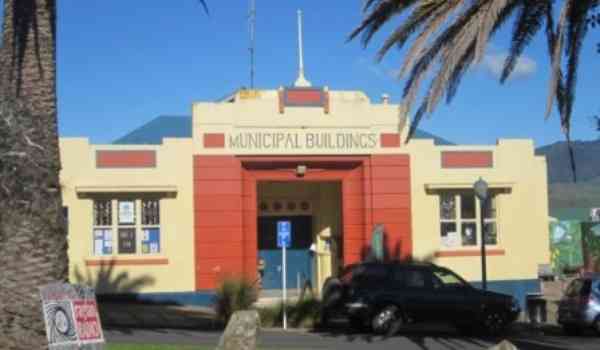Greenpeace reports on National Party’s Bluegreen conference in Raglan
Greenpeace has welcomed some of the National Party’s new environment policy proposals announced at the annual Bluegreens Forum today, but is critical of the party’s failure to address climate change and agriculture.
Speaking from the Bluegreens conference in Raglan, Greenpeace senior campaign advisor Steve Abel says National’s proposals for new marine reserves and a new national park in the Catlins as well as a countrywide bottle deposit scheme to address plastic pollution are good to see, but National is lost on the greatest challenges of our time – climate and agriculture.
Greenpeace also says it’s vital that national park and marine reserve proposals are developed closely with iwi. “We love national parks and marine reserves but they must be formed with iwi and hapÅ« from the start, rather than imposed on locals,” says Abel.
The environment heavyweight is also supportive of the National Party’s proposals for a countrywide bottle deposit scheme that would set targets of 90% recovery. “This idea puts the Nats a jump ahead of the current government who have not yet seized this obvious opportunity to hugely improve our plastic recovery rates,” says Abel.
However Greenpeace has slammed suggestions of a ‘waste to energy’ scheme which would see many kinds of waste burned to generate electricity. “Waste to energy schemes are a false solution backed by the likes of Exxon and Dow Chemical because they allow production of plastic to continue. Burning waste is energy intensive, creates dirty electricity, toxic emissions and is disastrous for the climate. And it also undermines efforts to reduce the volume of plastic produced at source which is vital to reducing plastic pollution.”
Greenpeace is also “unimpressed with the dearth of ideas from National on climate and agriculture.”
“The Nats are still looking for fictional future tech fixes for our agricultural problems when there are very practical solutions available right now if they would only seize the nettle,” says Abel.
“National is focussed on biotechnology as a silver bullet but these fixes are underwhelming add-ons that fail to address underlying problems, and are not what our export customers want.”
“People don’t want genetically engineered milk from New Zealand. Even Fonterra gets that and already markets their products as non-GMO.”
“National are still not willing to face the practical reality that to prevent industrial agriculture’s degradation of New Zealand’s waterways, soil and the climate we need systemic change. That means changes in land use, fewer cows, and a cut to damaging inputs like synthetic nitrogen, and shift to regenerative farming.”
“National needs to become the party for all 40 thousand New Zealand farmers not just the party of 12 thousand dairy farmers,” says Abel.
“Perhaps the most disappointing takeaway from the Bluegreens discussion document is the National’s Party’s intransigence on climate change. National is still advocating for more oil and gas exploration rather than the huge opportunities that exist in clean solar and wind energy industries. The Party still wants to keep two of the most potent greenhouse gasses – Methane and Nitrogen Oxide – out the Emissions Trading Scheme.”
“But to end on a positive note, Scott Simpson’s opening remarks in the discussion document that the environment and economy should be seen as equals and, more importantly, that short term economic gain should not come at the cost of the environment, is a welcome change from the Key Government’s mantra that the environment and economy had to be weighed against each other as if in opposition.”
“This seems to be a new note of wisdom that takes a step towards recognising that we as a species are part of nature, – not separate from it. Our broadest societal goal must be for healthy life on Earth,” says Abel.


Doing the right thing for the climate and world food crisis are fundamentally at odds with a conservative National Government who’s whole ideology is based on Capitalist greed. They are the cause of the worlds current problems, not the solution to them.